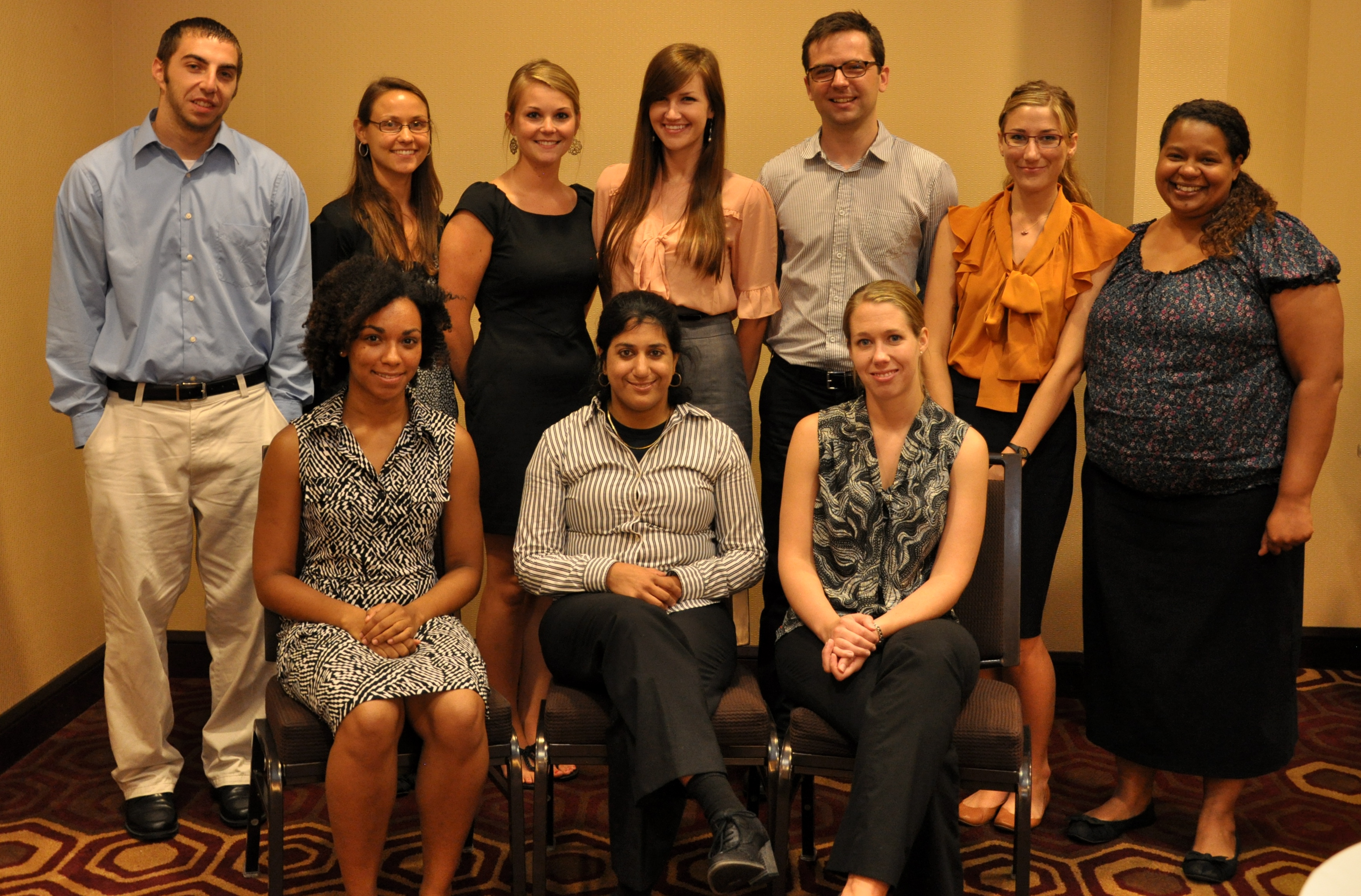Scaife fellow Lyndsey Heise shares her experience

Spring was approaching and I had to decide what to do between my first and second year of studies at Southern Illinois University School of Medicine. This is often the last summer free from obligations for a medical student (arguably, until retirement.) Although it was tempting to spend it sleeping in and catching up on my favorite TV shows, I decided that if I could learn anything that would allow me to be a more effective, well-rounded physician, then I was willing to give up my summer of indulgence.
A quick Internet search turned up IRETA’s Scaife Medical Student Assistantship and I was instantly intrigued. I had seen enough substance dependence in my personal and professional life to have an idea of the incredibly powerful grip addiction can have. I knew that any additional training in the identification and treatment of addiction would give me an advantage for my future practice.
I was accepted into the program and on July 8, 2012 I traveled to Pittsburgh to begin the fellowship. As a career student, and therefore perpetually poor, I was relieved to find that the IRETA staff had gone above and beyond to ensure our comfort and access to the city. I was also excited to meet a culturally diverse group of medical students from across the country that were united by a common bond in medicine and interest in addiction treatment.
In the program, we received many fantastic lectures discussing the biology of addiction, personal stories and perspectives of recovering addicts, as well as the variety of treatment philosophies and options.
One of the most gripping lectures came from Dr. Jim Withers, an internal medicine physician with an unusual resume. He started a program called Operation Safety Net that provides healthcare to the unsheltered homeless population of Allegheny County. Through his stories he stressed the same message: that with a goal and a whole lot of motivation, you can truly make a difference in the quality of peoples’ lives. Withers proved that as future physicians, we will be given a great tool that does not have to be limited to a clinic or a hospital.
In addition to the lectures, we had many opportunities to see rehabilitation in progress. I was able to visit some inpatient treatment centers, several halfway houses, a methadone treatment facility, and even the Allegheny Correctional Health Services program at Allegheny County Jail.
It was at Gateway Rehab that I had the most moving experience at the fellowship. Throughout out the day we spent there, we were able to witness a large part of the journey of addiction recovery. We started in the detox center, which was filled with fear, vulnerability, and physical illness. We ended our day at a halfway house where the residents exuded hope and a growing confidence in themselves.
Two common ideas really seemed to stick with me as I met the staff and patients at these various facilities.
- Addiction does not discriminate. I met people from an array of races, religions, and professions, all with a unique story. I spoke to addicts that ranged from the teenage male who let experimentation go too far to a middle-aged woman who used alcohol to help cope with her mother’s death. It can affect anyone. This knowledge will serve me well when trying to identify and treat addiction in my future practice.
- If at first you don’t succeed, try try again. Addiction treatment is not one size fits all. Until I completed this fellowship, I had no idea how many treatment options there were. Not one approach works for everyone, and sometimes it takes many failures to find what it right for you. Knowledge of this will allow me to better counsel and support any future patients battling this disease.
At one of the inpatient rehab facilities, I was having a conversation with a man who had fallen victim to prescription painkillers after a particularly bad accident. As I was leaving, his lighthearted tone suddenly became serious and he said, “Be strict with that script pad, it will save lives.” I will never forget that moment. Those words will be with me for the rest of my career and I hope that it will save lives.
I am forever grateful to IRETA and the Scaife Foundation for giving me this opportunity. I cannot imagine a more productive way to have spent my final free summer.

With generous funding from the Scaife Family Foundation, IRETA is able to conduct this specialized program. The program offers students training in the field of addiction treatment and recovery incomparable to any they encounter in their medical school education or residency experience.





